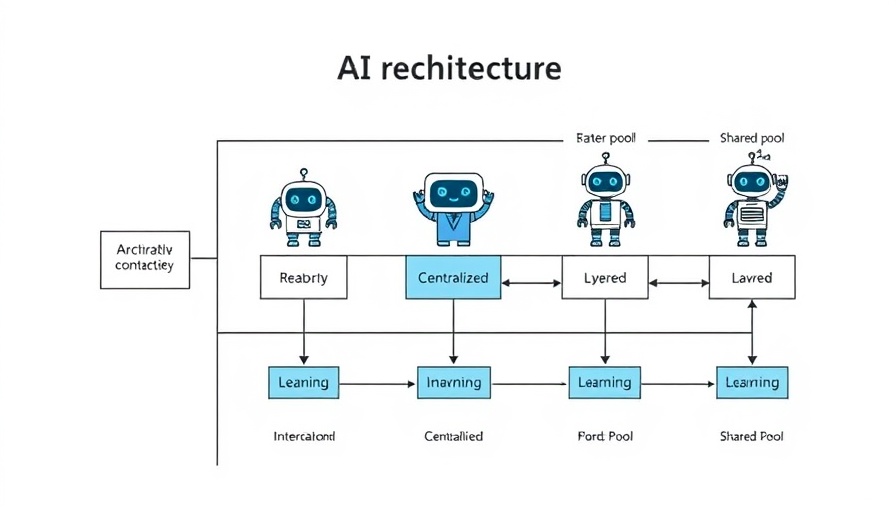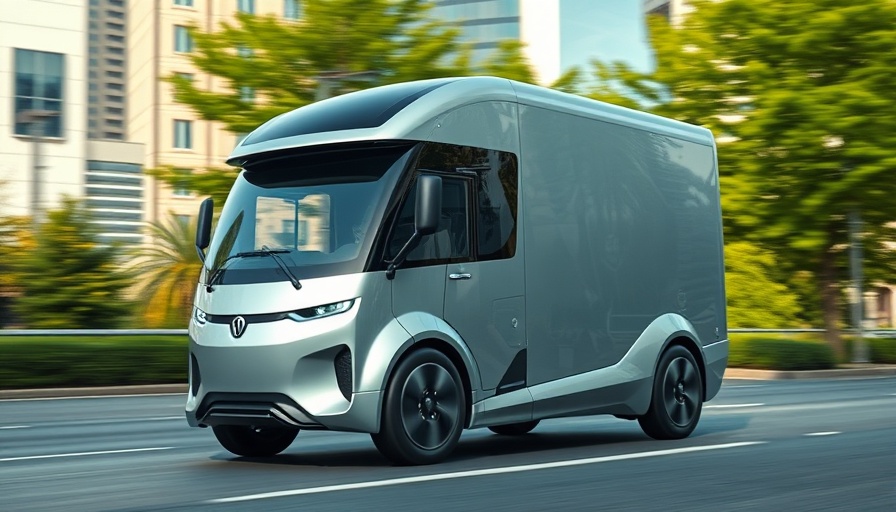
Honda's Multi-Agent AI System: A Breakthrough in Automotive Innovation
Honda has recently made headlines in the AI community with the acceptance of its research paper for presentation at the esteemed ICLR 2025 Workshop AgenticAI. This annual international conference, held in Singapore, focuses on advancements in machine learning and deep learning—areas critical for the future of automotive technology.
The Influence of Honda's Waigaya Culture
Central to Honda's research is the concept of Waigaya, which emphasizes open discussions among team members. This unique corporate culture fosters creativity and innovation, and Honda is now applying this collaborative approach to artificial intelligence. By introducing multi-agent AI systems, Honda aims to replicate the dynamic problem-solving techniques used in its various departments. This methodology acknowledges that diverse skill sets are essential for tackling complex automotive challenges.
Rethinking AI: From Single to Multi-Agent Systems
Traditional AI systems often face challenges when attempting to handle multifaceted problems that require input from experts across different fields. The Honda research suggests that relying on a single AI agent can lead to miscommunication and inefficient problem-solving. The proposed multi-agent system, however, allows various specialists, each represented by an AI agent, to collaborate effectively. This structure enhances content generation accuracy and problem-solving capabilities, thereby advancing product development initiatives.
Discussion Styles Impact Performance
The study analyzed several discussion formats among the agents—Decentralized, Centralized, Layered, and Shared Pool. Interestingly, the Decentralized model, which fosters a diversity of opinions, proved most effective. This format closely aligns with Honda's Waigaya practice, where varied viewpoints are encouraged and integrated seamlessly, allowing for more thorough and creative solutions.
The Future of AI in Automotive Development
As AI continues to transform industries, Honda’s exploration into multi-agent AI systems provides a fresh perspective. With the constant evolution of technology, aligning AI operations with corporate culture may become the norm. This breakthrough not only positions Honda at the forefront of technological innovation in the automotive sector but also highlights the importance of collaboration and diversity in AI applications.
Why This Matters for Dealerships
For dealership owners and GMs, understanding these advancements in AI is critical for navigating future automotive landscapes. As AI potentially reshapes customer interactions and internal processes, being prepared and informed creates an advantageous position. Dealers who engage with training programs related to these themes can leverage AI strategies to enhance their sales approaches, ensuring greater efficiency in operations and customer relations.
In a time where technology is rapidly advancing, staying ahead means actively engaging with new systems and tools that can redefine traditional practices. The future of car sales training may just depend on how well dealerships adapt to these innovative AI insights from leading manufacturers like Honda.
 Add Row
Add Row  Add
Add 




Write A Comment